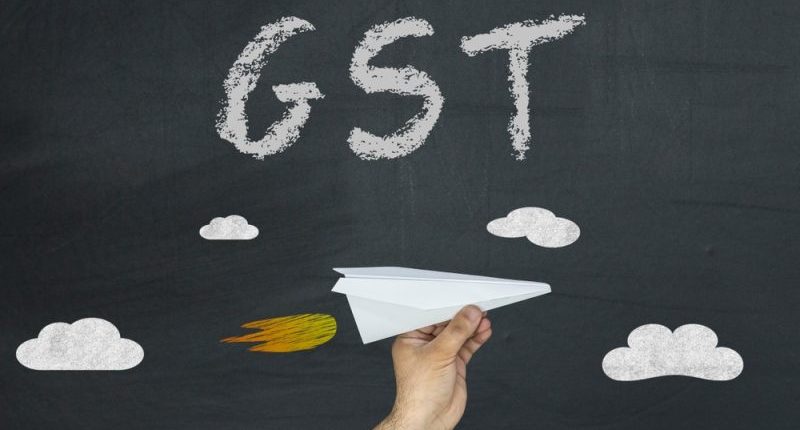The government, in a press conference held yesterday chaired by the Finance Minister Smt. Nirmala Sitharaman announced a scheme to boost consumer demand, at a time when economic activity has seen a drastic slowdown. The announcement comprised two parts; one included measures to boost consumer demand, and the other included measures related to capital expenditure for the states.
One of the measures to boost consumer demand is the LTC Cash Voucher Scheme. Government employees and employees belonging to Public Sector Banks (PSBs) and Public Sector Undertakings (PSUs) will be offered full payment of their leave encashment as well as payment of the fare in three flat-rate slabs, depending on their class of entitlement. This will be offered in lieu of LTC for the block of years 2018-21.
This scheme comes at a time where employees are unable to travel given the coronavirus pandemic. However, to avail these cash vouchers, the employee should adhere to specific spending conditions as was listed out in the press announcement. The requirements include purchasing goods and services worth three times the fare and one time the leave encashment before 31st March 2021. These items should attract a levy of at least 12% GST and should be from a GST-registered vendor.
The further conditions to avail this scheme are that the purchases should be made through digital mode, and a GST invoice should be produced as a proof of purchase made. The LTC Cash Voucher Scheme is said to generate an additional consumer demand of Rs.28,000 crore against a cost of Rs.5,675 and Rs.1,900 crore for Central Government and PSB/PSU employees respectively.
The Finance Minister announced that the tax concession would also be allowed to state government and private sector employees. This is if they are currently entitled to LTC and provided they follow the guidelines of the Central Government scheme. The Finance Minister further announced that a festival advance would be given to all Central Government employees for festivals up to 31st January 2021.
Also Read: Compensation Issue Remains Unresolved Even After Extended 42nd GST Council Meeting
The festival advance would be interest-free and repayable in a maximum of 10 instalments. The additional consumer demand generated will amount to Rs.8,000 crore, assuming that the states also adopt this recommendation. The advance will be given in the form of a pre-loaded Rupay card, and the government will bear the bank charges in this regard. This helps in ensuring that the purchases made are paid through digital means, thereby resulting in honest business and tax revenues.
With regard to capital expenditure, special assistance will be given to the states in the form of interest-free 50-year loans for capital expenditure, to the tune of Rs.12,000 crore. Out of which, Rs.2,500 crore will be allocated to north-eastern states, Rs.7,500 crore to other states, and Rs.2,000 crore to states who meet three out of four reforms given in the Atma Nirbhar fiscal deficit package.
Out of the Rs.7,500 crore allocated to states other than the north-eastern states, 50% of the amount will be initially disbursed, and the balance will be given after the first instalment has been utilised. The unutilised funds will be re-allocated. The amounts disbursed are to be spent by 31st March 2021, and need to be used for new or ongoing capital projects and settling contractors’/suppliers’ bills on such projects. A bullet repayment is to be done after 50 years and no servicing required until then.
An additional budget of Rs.25,000 crore will be allocated for Central Government capital expenditure towards roads, defence infrastructure, water supply, urban development, and domestically produced capital equipment. A total amount of Rs.73,000 crore will be spent to boost the economy in the form of both consumer demand and capital expenditure. If the potential private sector spends through LTC tax benefits amount to a tune of Rs.28,000 crore, which is equal to the government employee-led demand, then the total additional demand is estimated to exceed Rs.1 lakh crore.
For any clarifications/feedback on the topic, please contact the writer at athena.rebello@cleartax.in

I’m a Chartered Accountant by profession and a writer by passion. ClearTax lets me be both. I love travel, hot tubs, and coffee. I believe that life is short, so I always eat dessert first. Wait.. life is also too short to be reading bios… Go read my articles!





